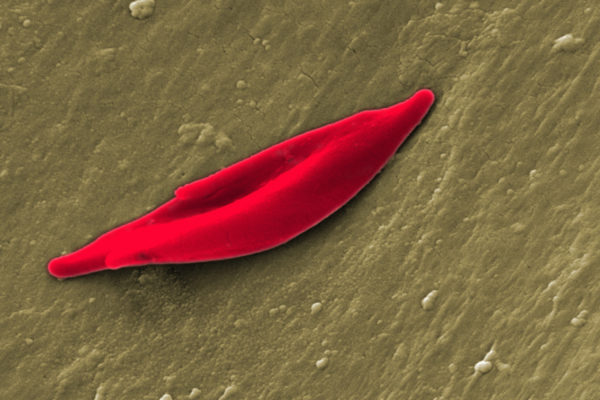
Stress management, anxiety, fatigue, and pain are common and complex complaints that need to be met in children, adolescents, and young adults with haematological and/or oncological conditions. 1,2 Non-pharmacological approaches to treatment such as massage therapy (MT) have yielded positive results against many of these complaints in oncologic patients. Numerous randomised-controlled trials and reviews purport that MT successfully decreases pain, stress, anxiety, and nausea. 3-5 A retrospective review aimed to describe the clinical delivery of MT to both oncologic and haematologic patients aged up to 39 years. 6
The patient groups chosen were those with sickle cell disease (SCD) or haematologic and/or oncologic conditions excluding sickle cell disease (HemOnc). 3015 MT sessions were provided to 171 HemOnc and 72 SCD patients between October 2019 and December 2021. Patient characteristics were as follows; mean age: 12.21±7.19 years, ethnicity: White (49.4%), Black/African American (43.2%), non-Hispanic (94.2%), sex: 52.3% female.
Of note, patients with SCD reported significantly higher pain (6.95 vs 4.46), stress (6.47 vs 4.58), and anxiety (6.67 vs 4.59) scores pre-treatment vs HemOnc patients. All patients reported a significant mean reduction in pain (-2.25±1.87), stress (-2.5±1.73), and anxiety (-2.52±1.69) which also met clinical significance. Interestingly, HemOnc patients reported a greater mean pain change versus SCD patients (-2.54 vs -1.87). Limitations of this study include the lack of information on pain medications provided to patients prior to MT, the lack of a control group, and the use of single-item NRS scores versus more comprehensive measures of pain.
These findings support the clinical efficacy and safety of MT in reducing pain, stress, and anxiety in young people with haematologic and/or oncologic conditions. However, further research is required to further optimise the use of this non-pharmacological treatment.
References